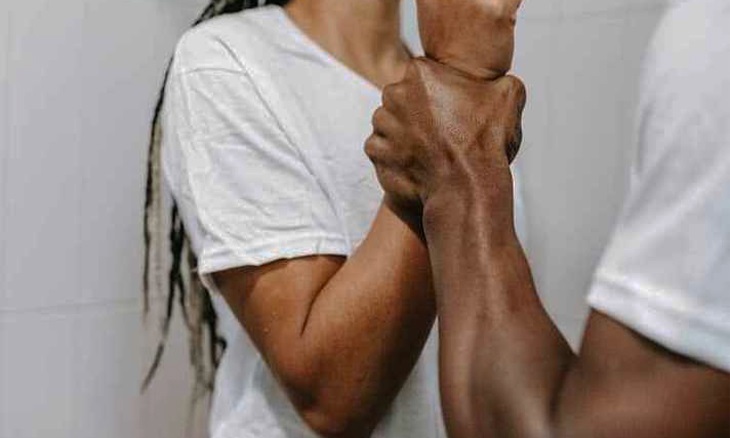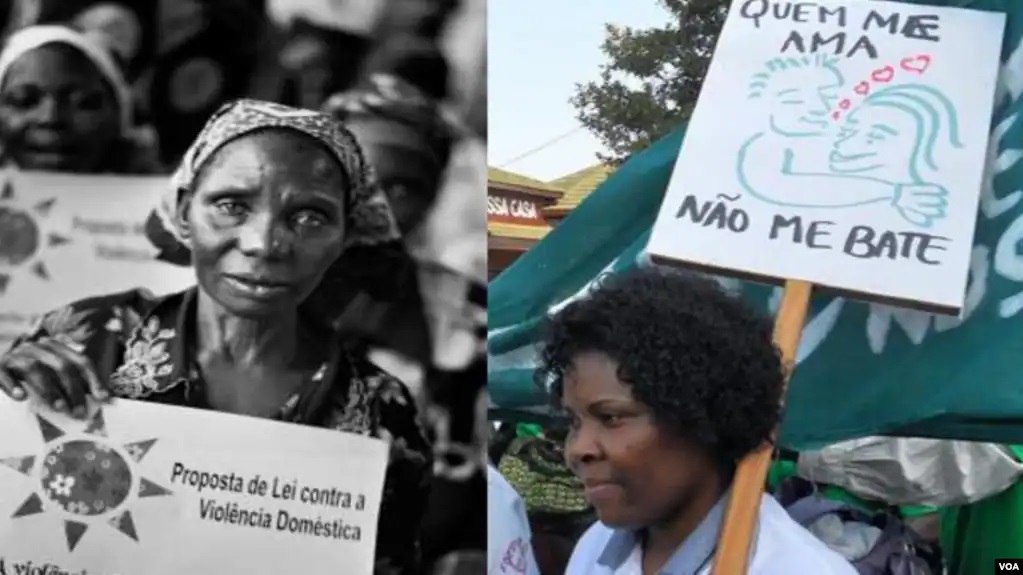Mozambique: Chapo praises the excellence of the Aga Khan Academy and advocates the expansion of the ...
Mozambique: Judges call for shelter houses for domestic violence victims

File photo: Notícias
Mozambican judges are advocating the creation of shelters for victims of domestic violence in Mozambique, a country where, according to the Supreme Court, more than 14,200 cases related to domestic violence cases were tried from January 2020 to June 2024.
Experts in this sector hope that it will still be possible this year to begin implementing a guideline for the judging and processing of criminal cases which takes into account the gender perspective.
The Mozambican state is a signatory to several international and regional instruments, including the Convention on the Elimination of All Forms of Discrimination against Women
The country has many laws that protect women and children, but Mozambican women face a number of obstacles in accessing justice, especially when it comes to the processing and trial of criminal cases that involve them, such as gender-based domestic violence, land disputes, inheritance or other legal issues.
“It is serious from the point of view that it causes quite profound damage to our economic system. Our economy loses a lot when we have 80% of our economy being run by women, and when we look at the scale of domestic violence, at the rates of domestic violence, we realise that women are the biggest victims,” says Quitéria Guirengane, social activist and executive secretary of the Women’s Observatory.
Guirengane speaks of a weak response by justice administration bodies to crimes committed against women, pointing to a context in which many women still encounter gender stereotypes from the moment they file a complaint with the police until the moment the cases are tried.
“They encounter gender stereotypes when they return to their families and communicate that they have filed a complaint, and they themselves start to be demonised, persecuted, attacked because of a right that they are safeguarding,” she observes.
Much to be done
Deise Lobo, a judge assigned to the Quelimane City Court in Zambézia, acknowledges that cases of domestic violence are very serious and that much more needs to be done than is currently the case.
The judge says that many women drop their cases after filing a complaint, for a variety of reasons.
“From the time they file the complaint until the day of the trial, they often remain in the same house as the aggressor. Sometimes they come to the trial with the aggressor. They both left from the same house for the trial. We don’t know how he intimidated her. We don’t know if he persuaded her to drop the case. So, it was in this sense that I spoke about protecting the victim,” says Lobo, for whom “it is necessary, sometimes, to remove the victim from that environment of aggression so that she has more independence when it comes to explaining what happened to her and even to be firm in [deciding] the punishment for the aggressor”.
From January 2020 to the end of June 2024, more than 14,200 cases related to domestic violence were tried in Mozambique. The largest number of cases (around 4,000) were recorded in the province of Inhambane.
Physical violence is the most common type of offence in the country, and, according to Deise Lobo, who is also vice-president of the National Forum of Judicial Magistrates and the Public Prosecutor’s Office, it is time for the country to have shelters specifically to accommodate victims of domestic violence.
“We still do not have this provided for in the law, in specific terms. How are we going to protect this victim? Where do we send them? There are no places. So, by building these support networks, we can have specific places where the judge knows that he or she will be looked after, or the Public Prosecutor, or at the police station, they will know and will direct the victim to a specific place where the victim will stay until the day of the trial. After the trial, we will see,” Judge Lobo concludes.
The issue was recently analysed by the Ministry of Justice, Constitutional and Religious Affairs, through the Centre for Legal and Judicial Training, in collaboration with cooperation partners and other institutions and organisations linked to the administration of justice.
Together with professionals from the judicial system, experts, academics and activists, they drew up a protocol that will become a recommended working tool in the judicial system.
Elisa Samuel, general director of the Centre for Legal and Judicial Training, hopes that it will be possible to start implementing in the judiciary the guideline that advocates a gender perspective in the trial and processing of criminal cases before the end of the year.













Leave a Reply
Be the First to Comment!
You must be logged in to post a comment.
You must be logged in to post a comment.